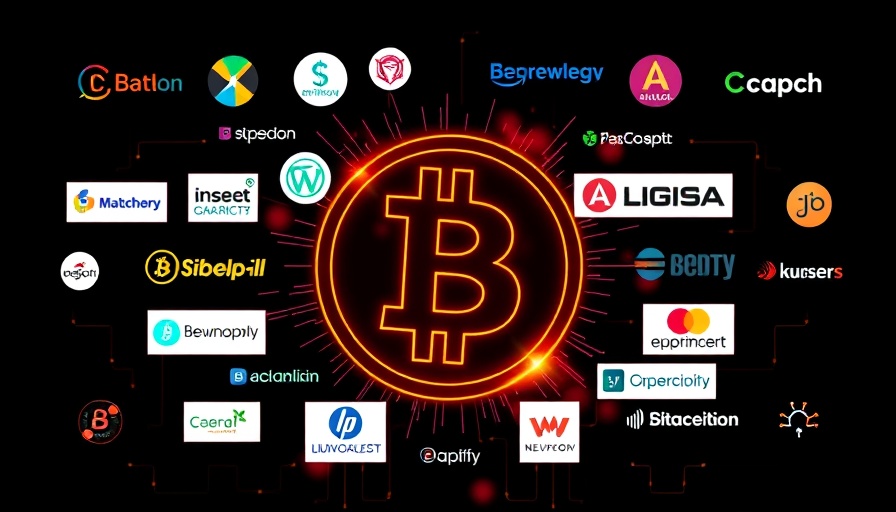
Why Are Companies Stockpiling Bitcoin?
In recent years, the cryptocurrency revolution has entranced companies across various industries, prompting many to hoard Bitcoin as a strategic asset. Organizations from traditional financial services to innovative tech startups are allocating significant portions of their reserves to Bitcoin. This growing trend raises several questions: What is driving this behavior, and what does it mean for the future of cryptocurrencies in business?
Understanding the Corporate Motivation
Corporations are increasingly viewing Bitcoin not just as a digital currency, but as a hedge against inflation, a means to diversify cash reserves, and an opportunity to make financial gains. As traditional currencies experience fluctuations, Bitcoin’s fixed supply offers an appealing alternative for companies worried about devaluation. Firms like MicroStrategy and Tesla have notably made headlines for their Bitcoin purchases, signaling a strong vote of confidence in the cryptocurrency as a viable financial instrument.
Case Studies: Corporate Bitcoin Holders
Several companies stand out in the crypto landscape, leading the charge in Bitcoin accumulation. MicroStrategy, under CEO Michael Saylor, has amassed over 100,000 BTC, using it as a cornerstone for its corporate treasury strategy. Similarly, Tesla's $1.5 billion investment in Bitcoin reflected not only a commitment to innovative payment solutions but also a bet on the future of decentralized finance. These companies represent a broader trend wherein corporate treasurers are actively exploring the integration of digital assets into their portfolios.
Parallel Example in the Tech Industry
The tech sector, particularly the Bay Area, has witnessed strong interest in digital currencies. Startups emerging from Silicon Valley are not just engaging in Bitcoin hoarding but are also creating platforms for others to invest in cryptocurrency. Companies like BitPay and Coinbase are leading the way, showing how the synergy between traditional business practices and new-age digital strategies can lead to innovative financial solutions and services.
Future Predictions: The Bitcoin Corporate Landscape
Looking forward, the appetite for Bitcoin among businesses appears set to rise as more organizations recognize the potential benefits. Trends show that as institutional investors continue to enter the cryptocurrency market, their demand will reshape how businesses approach digital asset management. This could lead to more collaborations between traditional financial institutions and crypto firms, resulting in novel products and services that cater to digitally-savvy clients.
Business Trends and Economic Implications
The broader economic implications of companies hoarding Bitcoin can extend beyond individual firms. The investment behavior of corporations can signal shifts in consumer trust and market confidence. As businesses like Square and Airbnb advocate for Bitcoin, we could see increased acceptance and integration of cryptocurrencies in everyday transactions. This evolving perspective could herald a new era of financial interactions as Bitcoin becomes a more mainstream financial tool.
Challenges and Risks Ahead
Despite its growing acceptance, several challenges could impede the wider adoption of Bitcoin by companies. Regulatory uncertainties and security concerns are primary obstacles that corporations must navigate as they venture into the crypto space. Additionally, the volatility of Bitcoin has raised eyebrows, encouraging some businesses to reconsider their investment strategies carefully. Balancing the potential for high returns with inherent risks will be crucial for companies in the coming years.
Conclusion: What This Means for the Local Business Environment
As companies in the Bay Area and beyond take significant steps toward accumulating Bitcoin, it becomes imperative to understand how these corporate adaptations reflect larger economic trends. For local startups, engaging with these trends may open new avenues for innovation and financial strategies. The Bay Area, known for its entrepreneurial spirit, stands right at the forefront of this ongoing evolution. Companies should keep a close eye on this space, weighing the benefits and risks of incorporating Bitcoin into their finances.
 Add Row
Add Row  Add
Add 



Write A Comment